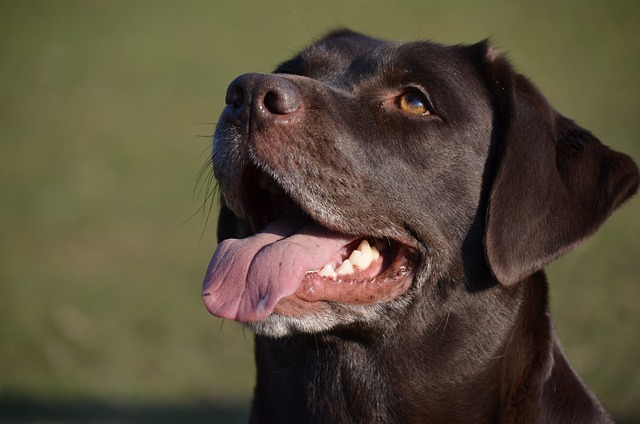
How can I tell if my dog's heatstroke is serious
Let’s be real: It’s a sticky August morning in Los Angeles, and you took your 2-year-old Golden Retriever, Max, for a walk a little later than usual
Sudden refusal to chow down can set any dog owner’s mind racing. Maybe it started with turning up their nose at breakfast, then skipping dinner—now you’re left staring at a full bowl, wondering what’s wrong. Dogs, much like humans, can lose their appetite for a range of reasons, some trivial and others that demand attention.
Stress often tops the list. A new home, a vacation, or even a neighbor’s construction noise can throw off their routine enough to kill hunger. In cities like London or Chicago, where daily walks mean navigating busy streets, a particularly chaotic outing might leave them too on edge to eat. Keep an eye on their behavior—pacing, hiding, or excessive grooming can all signal stress is the culprit.
Medical issues can’t be ruled out. Everything from a toothache to an upset stomach, or more serious conditions like kidney disease, can cause a dog to stop eating. If your dog skips more than one meal, seems lethargic, vomits, or has diarrhea, it’s time to call the vet. In many European countries and U.S. states, regular vet check-ups are part of responsible pet ownership, and catching issues early can make all the difference.
 Dietary boredom or sudden changes might also be to blame. Dogs can get tired of the same kibble day in and day out, just like we might tire of the same meal. But switching food too quickly can upset their stomachs—vets often recommend mixing old and new food gradually over a week. Also, be mindful of table scraps: while a piece of chicken might seem harmless, some human foods like onions, grapes, or chocolate are toxic to dogs, and feeding them can lead to serious health issues, not to mention run afoul of local laws that discourage improper pet feeding.
Dietary boredom or sudden changes might also be to blame. Dogs can get tired of the same kibble day in and day out, just like we might tire of the same meal. But switching food too quickly can upset their stomachs—vets often recommend mixing old and new food gradually over a week. Also, be mindful of table scraps: while a piece of chicken might seem harmless, some human foods like onions, grapes, or chocolate are toxic to dogs, and feeding them can lead to serious health issues, not to mention run afoul of local laws that discourage improper pet feeding.
Weather plays a role too. Hot summer days in places like Arizona or southern Spain can sap a dog’s energy and appetite, just as extreme cold might make them less interested in food. Ensuring they have a cool, shaded spot in summer or a warm bed in winter can help get their appetite back on track.
If your dog’s appetite doesn’t return in a day or two, or if they show other worrying symptoms, don’t hesitate to seek professional help. Remember, keeping your dog healthy isn’t just about love—it’s about following local regulations, from proper licensing to ensuring they’re up to date on vaccinations. A happy, hungry dog is usually a healthy dog, so take their lack of interest in food as a signal to pay closer attention.

Let’s be real: It’s a sticky August morning in Los Angeles, and you took your 2-year-old Golden Retriever, Max, for a walk a little later than usual

You're enjoying a summer afternoon at the park when you notice your dog has stopped panting and appears disoriented - their gums are bright red

Let’s paint the picture: You’re in your Denver apartment, watching your 4-year-old Boston Terrier, Ruby, plop down mid-play session with her favorite toy

Many dog owners notice their pets nails seem shorter after regular walks,but how much does this daily activity actually help?The answer depends on where you walk—concrete sidewalks or asphalt streets gently file nails as a dog's paws hit the ground

Most dog owners notice their pup scooting across the carpet at some point, but few connect it to impacted anal glands. These small sacs near a dog’s rectum secrete a scent for marking territory

Most vets agree that regular dog teeth cleaning is key to avoiding painful dental issues later. For healthy adult dogs, a professional cleaning at the vet’s office every 12 to 18 months usually works well.